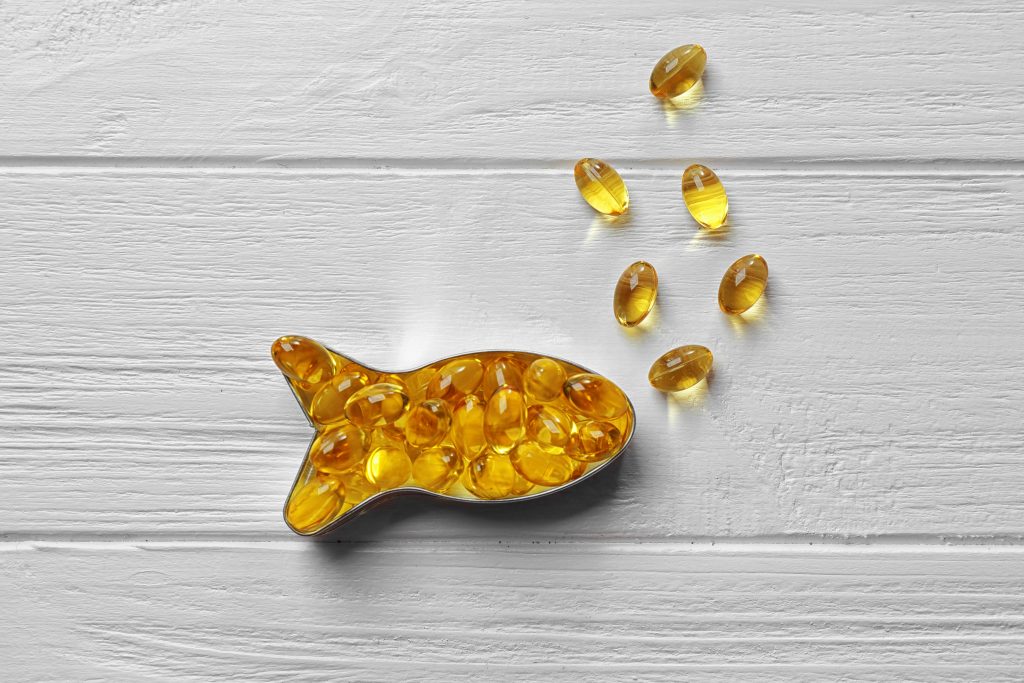Improved fatty acid profiles of tilapia fillets after dietary use of rich in omega-3 supplements
It is well known the numerous health benefits of omega-3 polyunsaturated fatty acids (n-3) consumption. Specifically, eicosapentaenoic (20:5 ω-3, EPA) and docosahexaenoic (22:6 ω-3, DHA) acids prevent heart diseases, formation of blood clots, inflammation, heartbeat irregularities. As well, omega-3 are beneficial in rheumatoid arthritis, metabolic syndromes and pulmonary disorders. They promote the brain function and development, thus n-3 could benefit psychiatric disorders, too. On the other hand, high consumption of omega-6 (n-6) could lead to various chronic diseases. For that reason, a balanced diet, with a higher n-3 than n-6 content could be beneficial.
The primary source of combined EPA and DHA is fish meat and fish oils. However, each species contains different amounts of n-3. N-3 are highly abundant in salmon, trout, tuna and sardines. On the other hand, tilapia is a good protein source, low in calories and at the same time it has a low in n-3 and very high in n-6 content. A wild caught tilapia contains ten times less n-3 than wild salmon, and 40 times higher ratio of n-6 to n-3 than coldwater fish. High n-6 / n-3 ratios can lead to heart diseases. Consequently, frequent consumption of tilapia is not recommended.
According to Matsushita et. al (2006) the fatty acid profile of the fish flesh can change if enriched diets with oils are provided. Diets enriched with vegetable oil and fish oil have been tested by various researchers. The results of these researches were encouraging; the n-3 content in tilapia increased dramatically while the n-6 content decreased significantly. Characteristically, after feeding tilapia with diets containing cod liver oil, the total n-3 content of dorsal muscle increased by 11%, total n-6 content decreased by 24.6% and docosahexanaenoic acid increased by 10.3%. Similarly, dietary supplementation with chia bran and flaxseed oil enhanced the nutritional value of tilapia, in terms of fatty acid composition. Oppose to that results, other researches support that vegetable oil supplements affect negatively the n-3 concentrations.
Alternatively, experimentational diets of algae meal were used to supplement tilapia with n-3. The results seem to be promising. The fatty acid profiles were improved, total n-3 was 4 times higher in the tilapia fish which were fed with algae meal contrary to the control groups, while the n-6: n-3 ratio was 5 times lower.


